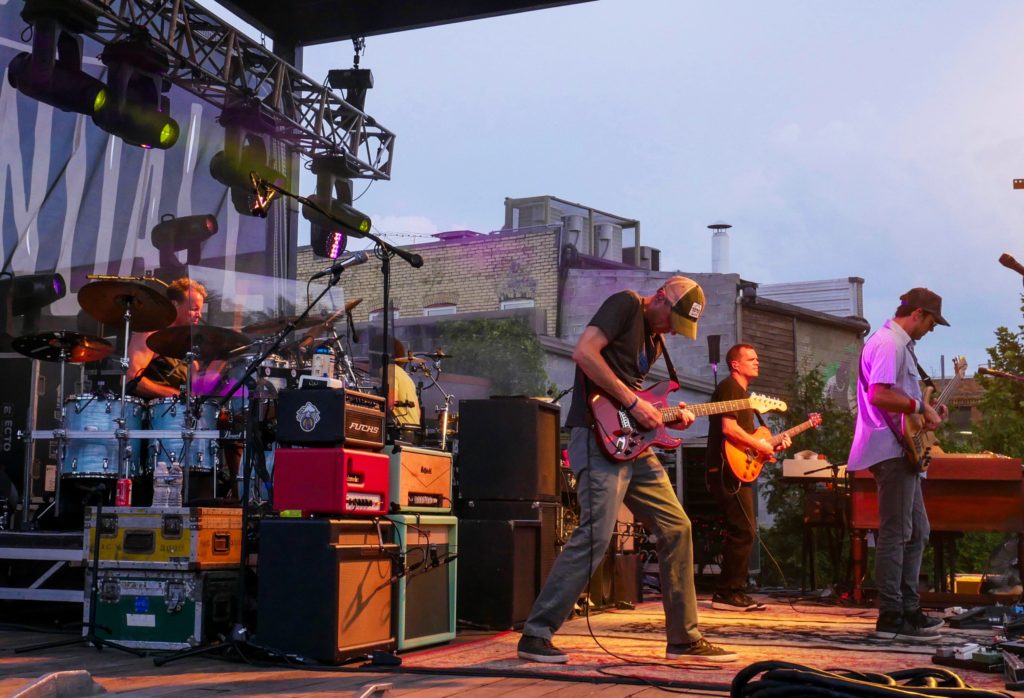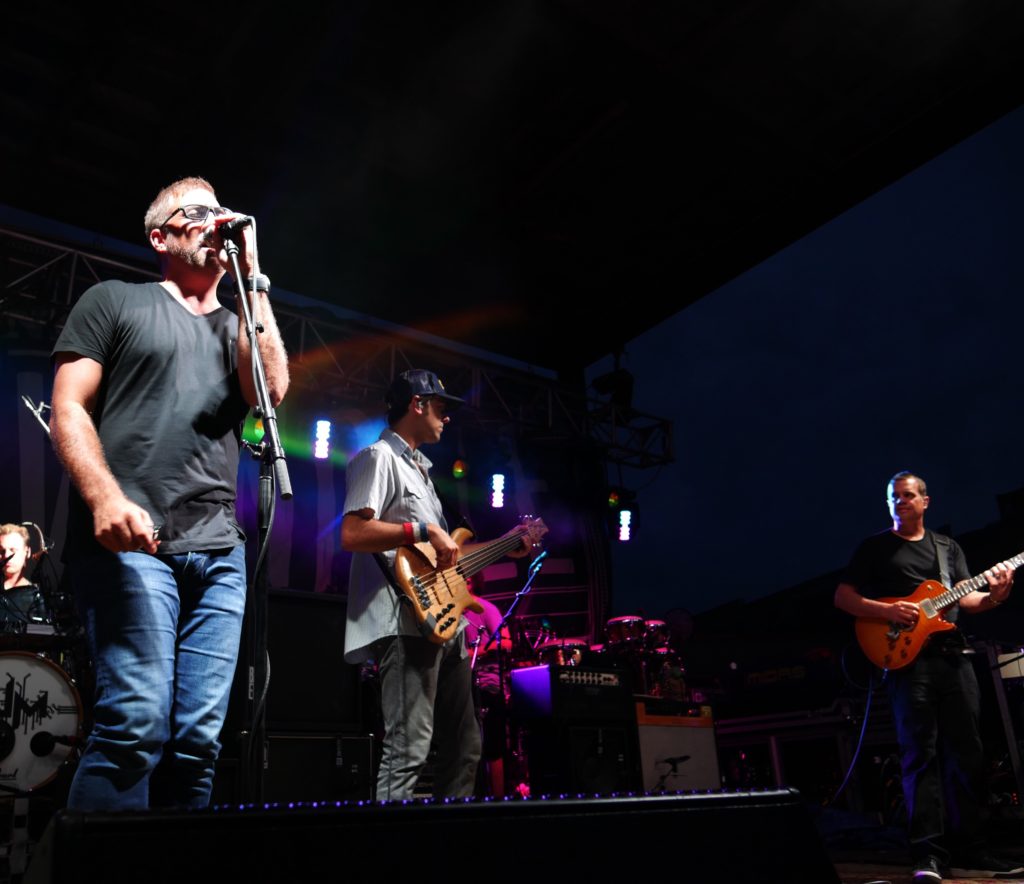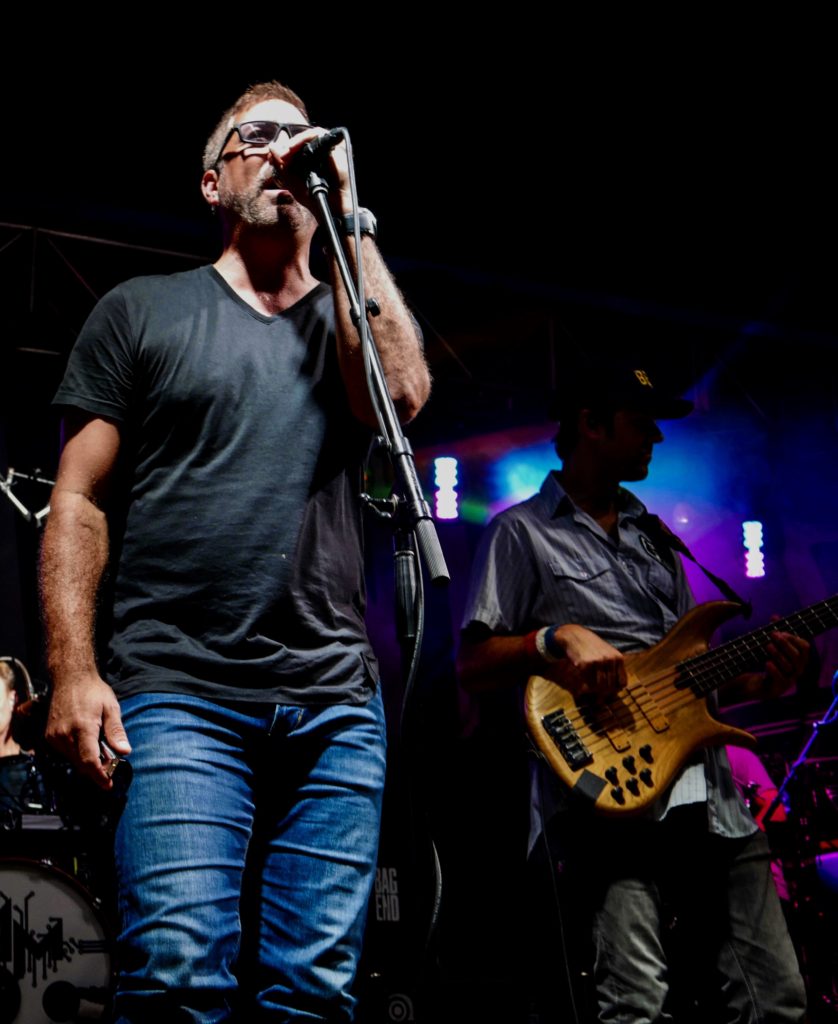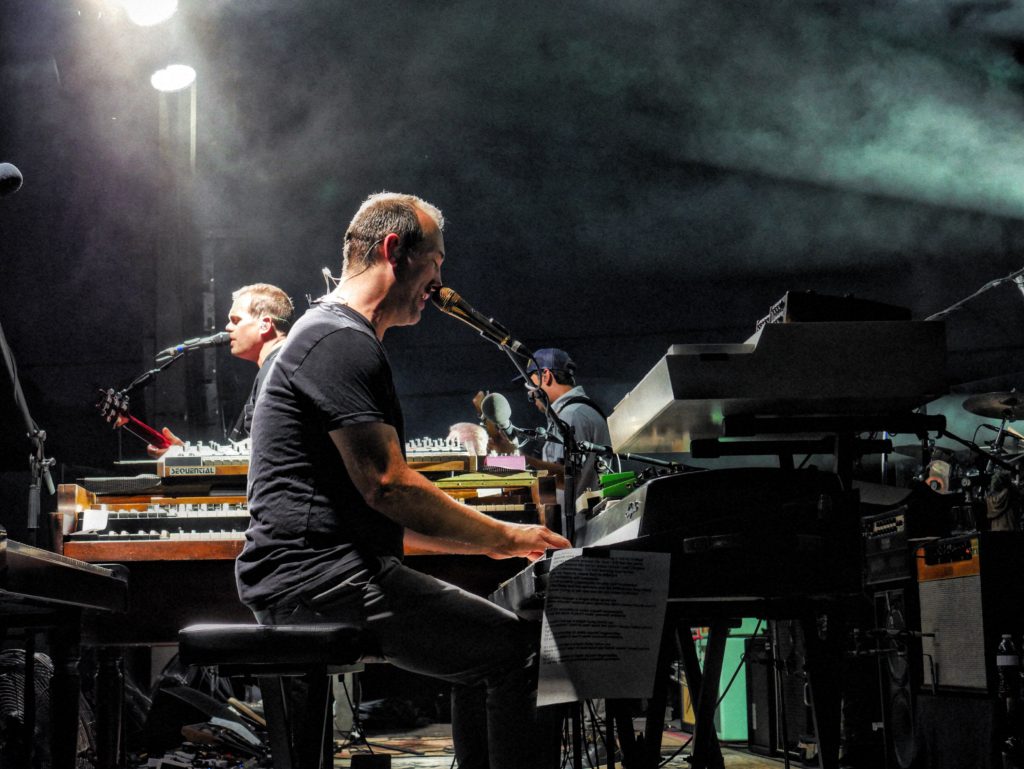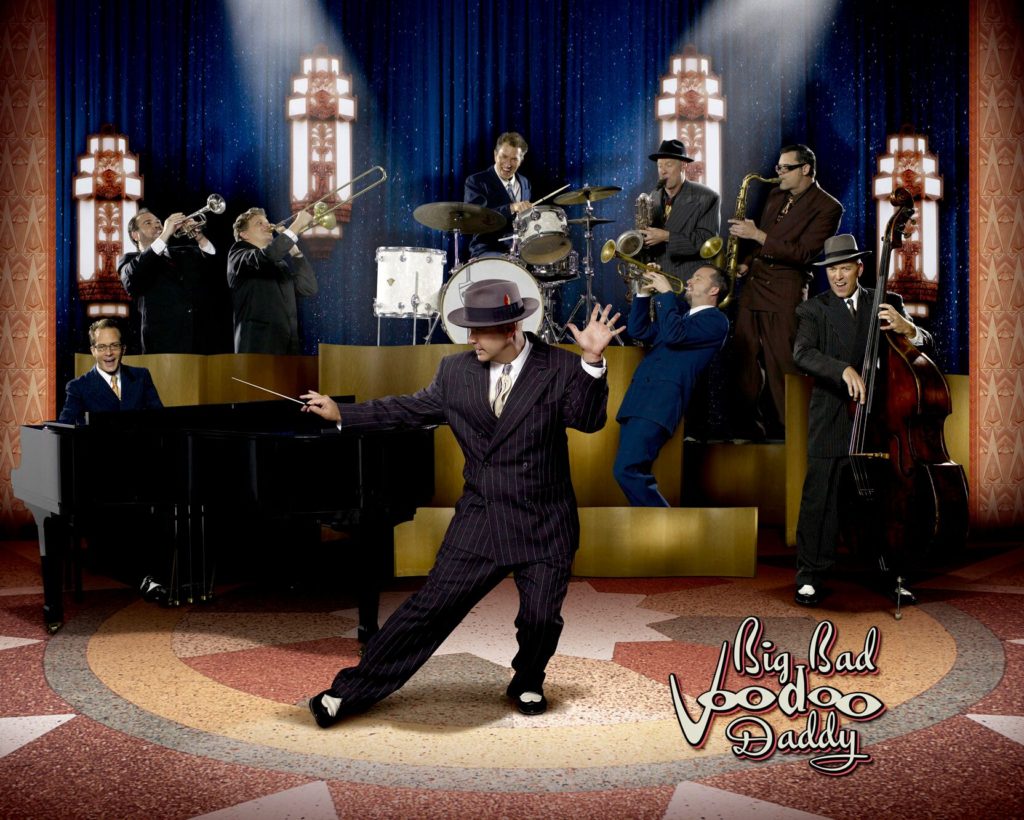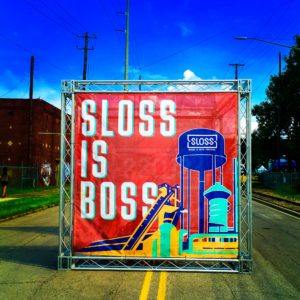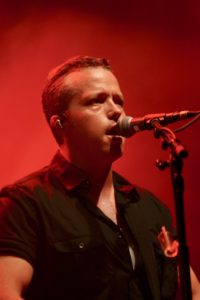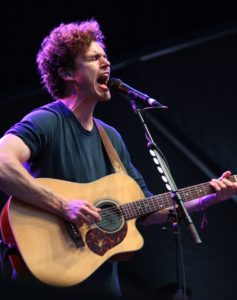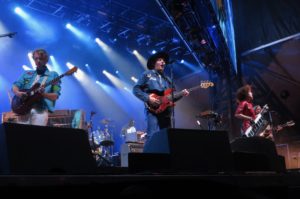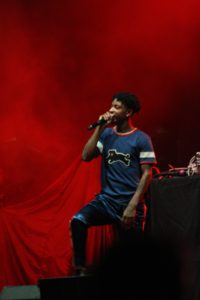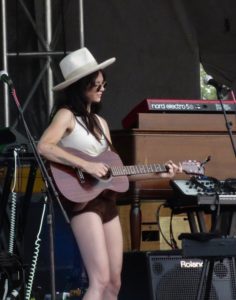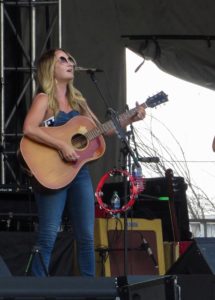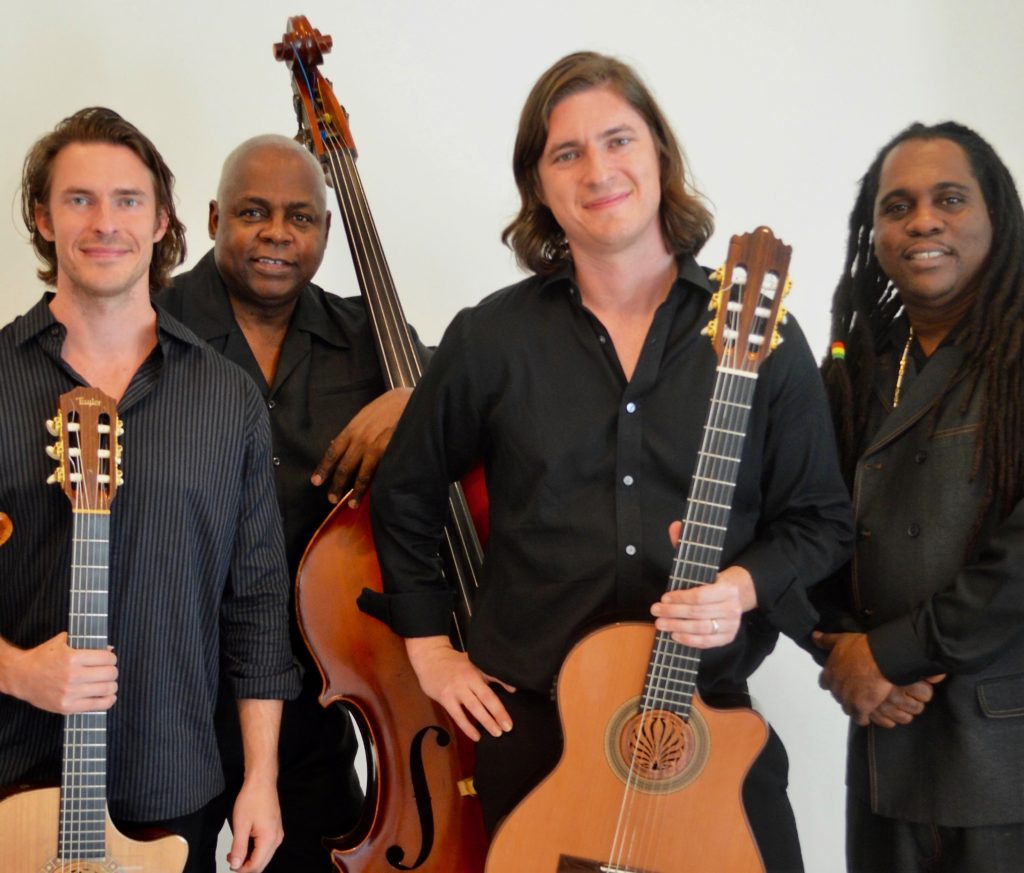By Brent Thompson
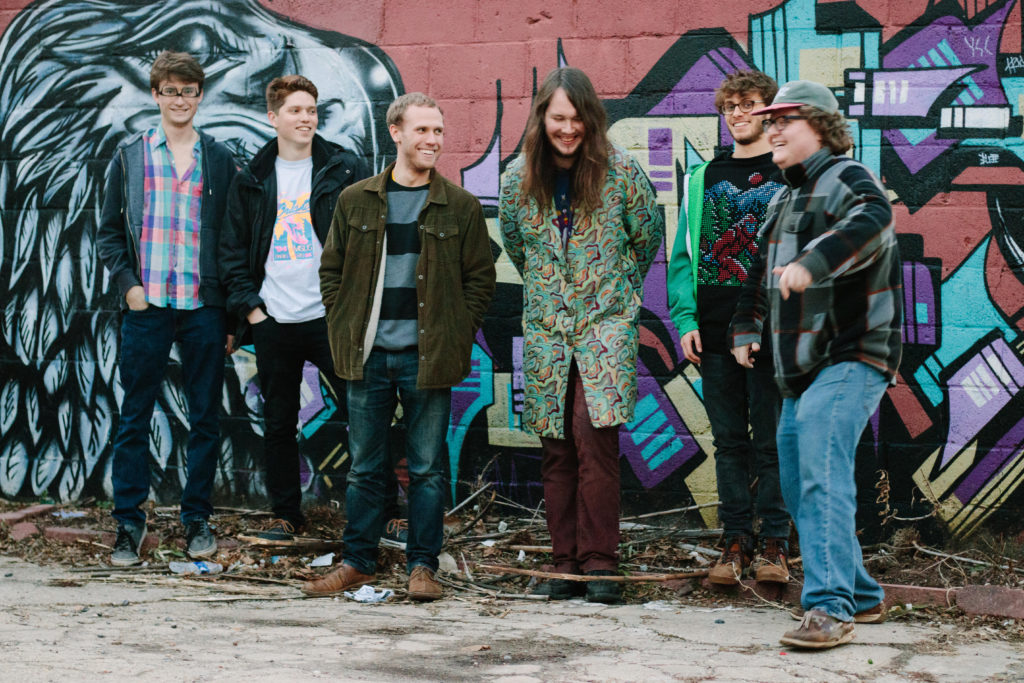
Charlottesville, Va. has a rich musical history and Kendall Street Company is a band that has grown its fan base beyond the city’s fertile scene. Formed by two University of Virginia students in 2013, the sextet has garnered a following in the Mid-Atlantic states and now has its sights set on the Southeast. The band – Birmingham native Andrew King, Louis Smith, Brian Roy, Ryan Wood, Ben Laderberg and Jake Vanaman – is set to release its third full-length album, RemoteVision, this fall. On Saturday, August 25, Kendall Street Company will perform at WorkPlay. Kate and the Howlers will open the 8 p.m. show. Recently, we spoke with Kendall Street Company about writing, recording, modern technology and blurred genre lines.
Birmingham Stages: Are all of the band members University of Virginia students?
Andrew King: All of us went to UVa. but Jake, our saxophone player, and I are still there and doing our best to get out as soon as possible.
Birmingham Stages: How do you balance student life and touring life?
King: During the summer it’s not an issue – we hit it hard and this is all I do. During the year, we do the “weekend warrior” thing.
Birmingham Stages: We understand that the band is set to release a new album. What can you tell us about it?
King: It’s a three-part release. The first part comes out September 1, the second part comes out October 2 and the third part comes out November 3. They’re all very different – they’re themed differently. It’s a haiku – five songs, seven songs and five songs. We’ve been doing this promotion thing where we post a haiku everyday on our Facebook page.
Birmingham Stages: The structured release schedule you just described is a great example of how artists can distribute music these days on their own terms. If you will, talk about how your band uses technology and current distribution methods to release material.
Brian Roy: We like to do it a little bit differently. This is our third record – we released our first one in 2016 and in 2017 we released Space For Days. We’d been writing throughout that process and we decided that we had songs that themed well together, but had a lot of different sounds. We were thinking that the modern landscape is different. You’re not limited to recording on physical media like vinyl which limits the amount of time you can put on a record, but also people have limited attention spans with the use of modern technology.
We thought that we would go and record these 17 songs together and would release it as a three-part album. So, it’s one album called RemoteVision and that title talks about each part of the record and it’s all tied together. It’s nice to be able to release it in those three parts and use modern technology so that people can listen to each part one-at-a-time.
Birmingham Stages: Staying on the topic of the modern musical climate, how do you separate yourselves from the crowd in a time where literally anyone can record, distribute and promote music?
Jake Vanaman: We’re just trying to be us, honestly. I think that has worked really well the last two years. We just bring our best A-game to every show and try to communicate well with the audience. We’re not playing any roles – that’s just who we are.
Roy: To add to that, we try to keep it really fun and we just want to be having fun onstage. We feel like if we’re having fun, then the audience will be having fun. We throw curveballs at each other onstage and we’re trying to follow each other. We all have a lot of influences and we try to listen to a lot of different music from all over the world and here in the States – different genres and new stuff that is coming out – and try to learn from that.
Louis Smith: One of the things that’s really unique about us is we are a band where everyone is kind of the leader at different points – the live show, songwriting, in the studio and decision-making. We all work together as a very cohesive unit. We disagree on some things, but we all respect each other’s opinions and I think that’s unique in this day and age. We’re trying to keep the idea of “band” alive and we try to portray that in our music and our social media outreach.
Vanaman: On RemoteVision, four people are writing lyrics to these songs. There’s a lot of input coming from everywhere in the band.
Birmingham Stages: With respect to songwriting, how do you approach the creative process?
Ben Laderberg: There are multiple methods. Sometimes we sit down and start jamming for a while and maybe nothing will happen. Other times, someone will being in this really cool theme and someone will pick up on it and we will turn that theme into a cohesive song. Most of the time, one person works on an idea and they’ll share it with one other person in the band to get their input. Eventually, it turns into a full song where everybody’s part develops naturally.
Birmingham Stages: Are the songs on RemoteVision newer compositions, older songs or a mixture of both?
Laderberg: There were a few songs we had fully worked out before even our last record was released to songs that were written a few weeks before to finish up the 17 [tracks].
Birmingham Stages: Do songs still continue to evolve while you are in the recording studio?
Roy: Definitely. We like to come into the studio with completed songs, but also an open mind. So, we’re open to things changing at the eleventh hour or to things being moved around. We like to come prepared – the studio isn’t inexpensive – but there’s an atmosphere in the studio and you want to capture that atmosphere in the music and the songs themselves. I think it’s part of what gives an album good cohesion. We try to capture a moment in the band, which is why we like releasing one [album] every year. We’re always writing new material and we want to be able to get in there and capture a moment. Songs evolve even after we release them. If you come to our live show, we’ll play songs from our older records and they might sound totally different. We switch it up to keep it fun for us and engaging for our audiences at the same time.
Birmingham Stages: How do songs stay fresh to you after you’ve performed them dozens of times?
Smith: Probably the best example is a song called “Cars” – it’s our biggest hit on Spotify. We haven’t gotten tired of playing it and one of the reasons is we’ll mix different songs into “Cars.” We start with the song “Jessica” by The Allman Brothers and we’ve tossed in [System of a Down ‘s] “Chop Suey!” and [Three Dog Night’s] “Joy To The World.” There’s a spot in the song that’s open to “What are we feeling tonight?” and it’s a surprise for us sometimes.
Birmingham Stages: It seems that now is a good time to be forging your career given that genre lines are blurred more than ever.
Roy: That’s exactly right. I’m the first one to say that [the term] “genre” is dead. We’ve talked about this as a band and not everyone totally agrees with that in every way, but what’s so great about the digital age in music is that we can listen to music that comes from Nigeria and Latin America and we have available access to those things. If you ever get bored with what you’re hearing on the radio, online you can get access to music from other places and that access is really valuable to keep what you’re learning fresh.
Birmingham Stages: Andrew, I know you’re looking forward to playing in front of your hometown crowd on August 25.
King: Absolutely! We just added Kate and the Howlers to the bill and I want to say that we’re really excited to be playing with them.
Kendall Street Company will perform at WorkPlay on Saturday, August 25. Kate and the Howlers will open the 8 p.m. Advance tickets to the 18+ show are $10 – two tickets for $15 – and can be purchased at www.workplay.com.
Photo courtesy of the artist.

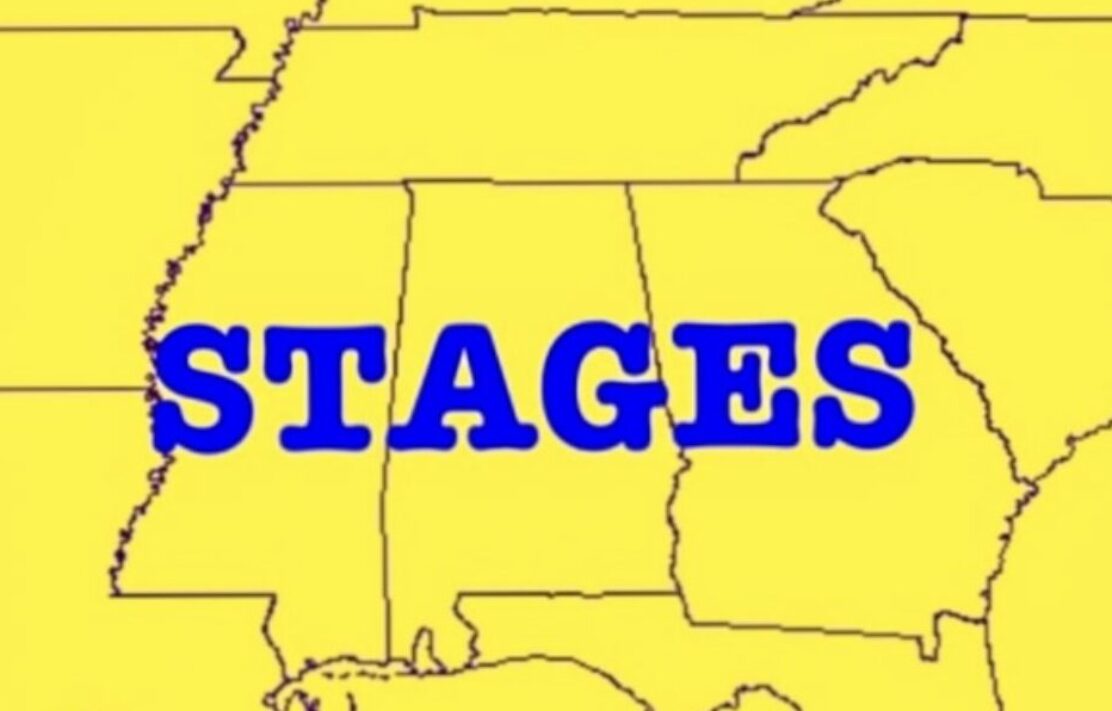
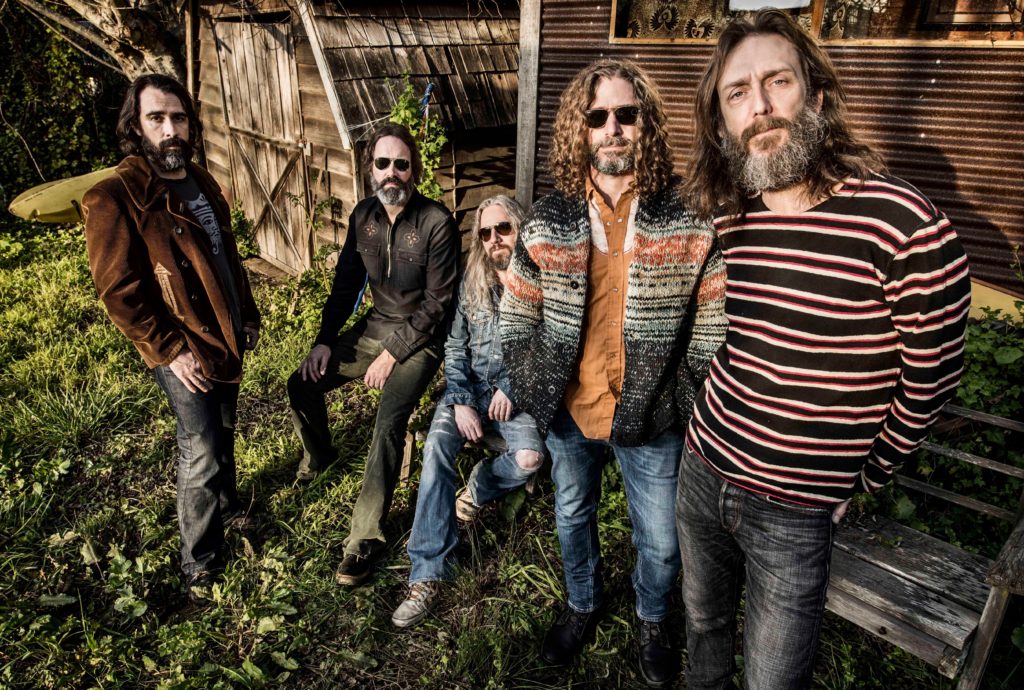
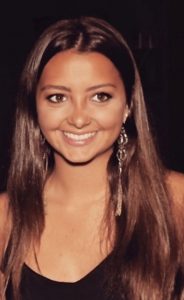 Olivia Evans is a 15-year-old sophomore at Mountain Brook High school in Birmingham, Alabama. She is the daughter of
Olivia Evans is a 15-year-old sophomore at Mountain Brook High school in Birmingham, Alabama. She is the daughter of

